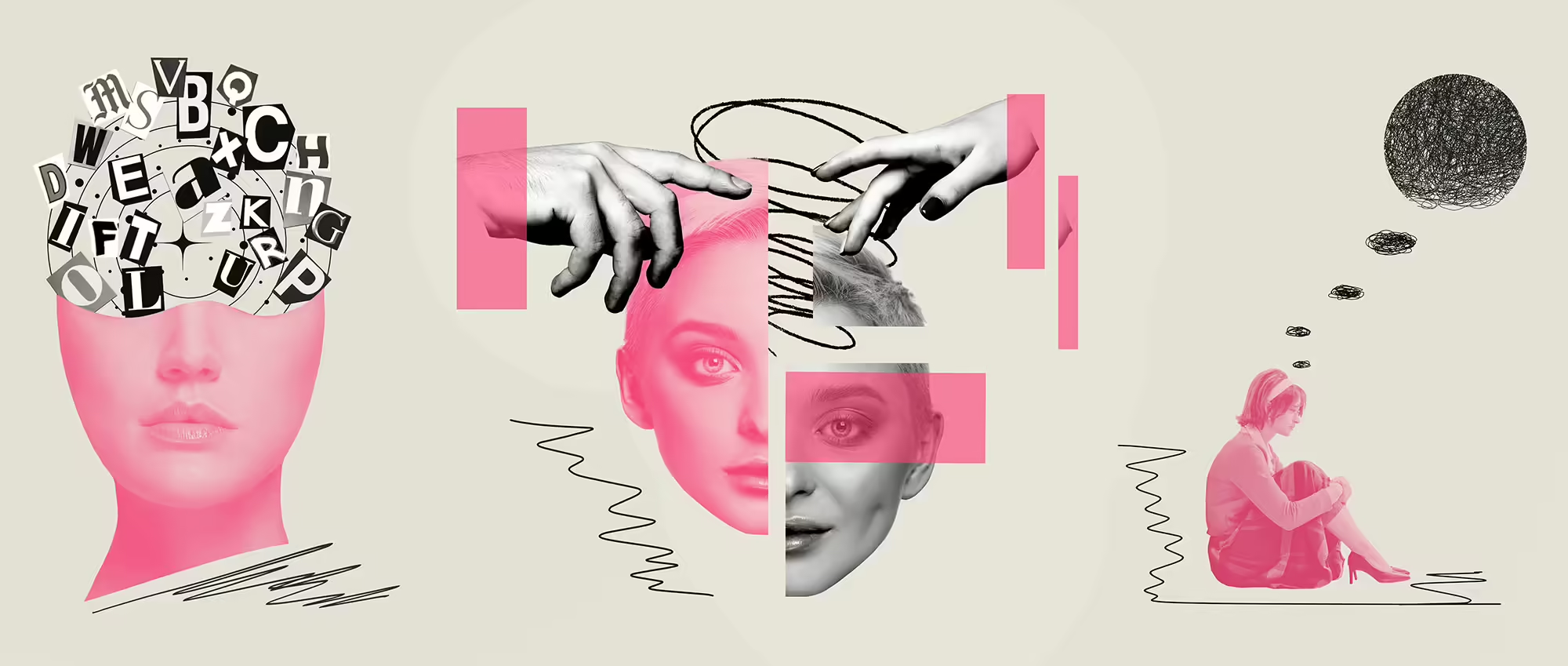Insomnia

Therapist – Overland Park, Kansas
Insomnia is defined as persistent problems falling and staying asleep. Chronic insomnia lasts longer than 3 weeks, whereas short-term insomnia lasts 1 to 3 weeks. Clinical studies have connected the increased risks of depression, obesity, and cardiovascular disease to insomnia. Further research has shown that those with a history of insomnia are approximately 4x more likely to experience depression. In addition to being harmful to one’s health chronic insomnia can reduce productivity at work and increase the risk of disability.
Being an insomniac can be difficult. Fortunately there are treatments that work to make individuals go to sleep more quickly, stay asleep longer, and wake up feeling more rested.
How Much Sleep Do you Need Each Night?
Adults
Teenagers
Children
6 – 12 years
wake up refreshed
Sleep Longer, Sleep Better
What is the best non pharmacological way to treat insomnia?
Cognitive-Behavioral Therapy for Insomnia (CBT-I) has been shown to be the most effective first-line treatment for adults with chronic insomnia. CBT-I is a short, structured, and evidence-based approach to combating the frustrating symptoms of insomnia.
What is Cognitive Behavioral Therapy (CBT-I)?
CBT-I improves sleep through behavioral modifications. CBT-I reduces sleep-blocking behaviors learned over time or started to improve sleep.
Sleep Facts
50–70 million adults in the U.S. have a sleep disorder.
Driving while sleepy causes 1,550 deaths and 40,000 nonfatal injuries every year in the U.S.
Insomnia is the most common sleep disorder, and about 30% of American adults say they have it.
There is a plausible scientific theory that links lack of sleep to obesity.
Only 35.3% of adult Americans say they sleep an average of 7 hours in a 24-hour period.







